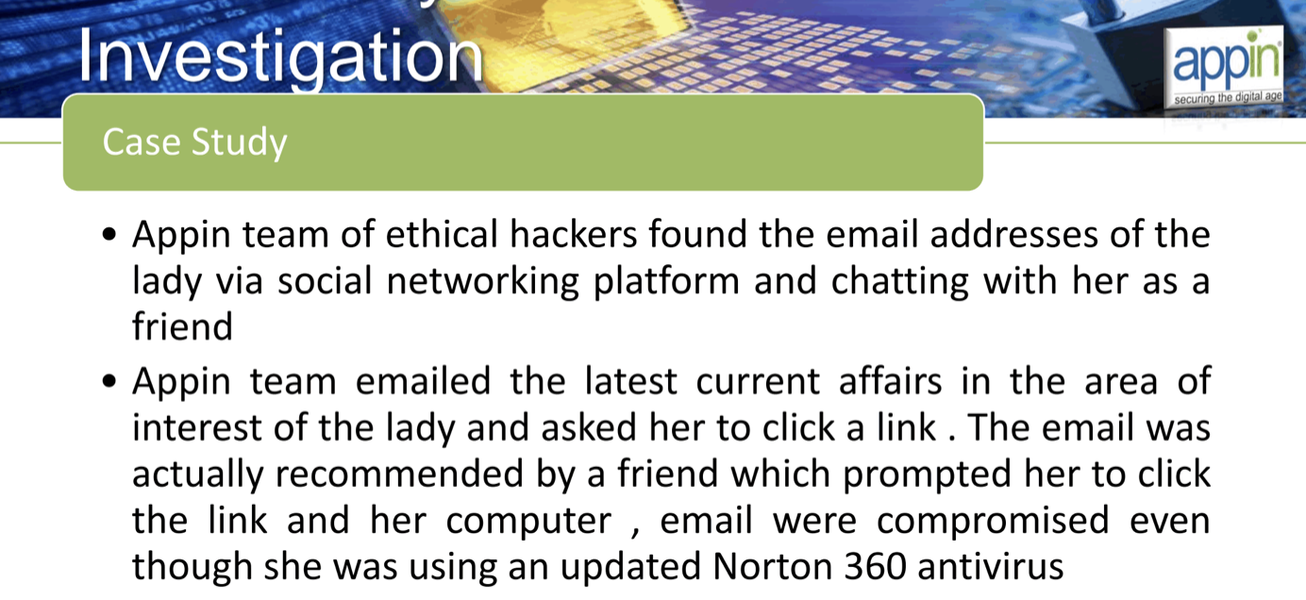Read a great FOIA-based news story we should highlight? Let us know and maybe we can include it in our next round-up! Send it over via email, on Twitter, or on Facebook.
AG Barr goes after FOIA
US Attorney General William Barr had some things to say about FOIA last Friday:
The costs of this constant harassment are real. For example, we all understand that confidential communications and a private, internal deliberative process are essential for all of our branches of government to properly function. Congress and the Judiciary know this well, as both have taken great pains to shield their own internal communications from public inspection.
There is no FOIA for Congress or the Courts. Yet Congress has happily created a regime that allows the public to seek whatever documents it wants from the executive branch at the same time that individual congressional committees spend their days trying to publicize the executive’s internal decisional process. That process cannot function properly if it is public, nor is it productive to have our government devoting enormous resources to squabbling about what becomes public and when, rather than doing the work of the people.
The comments were made at a talk given for the conservative activist group The Federalist Society. The talk drew criticism from politicians and journalists alike, including former White House ethics counsel Richard Painter and Congressman Bill Pascrell (D-NJ).
Read more from Colin Kalmbacher at Law and Crime here.
Portland FOIA fees
The City of Portland, Oregon must stop “overcharging members of the public for routine requests for city emails or documents,” according to a Monday ruling by Multnomah County Circuit Court Judge Shelly Russell.
The ruling comes out of a civil lawsuit originally filed in September 2018 in response to the city charging over $200 for the release of records. The original request, filed by affordable housing advocate Alan Kessler, sought emails involving a member of the Portland Historic Landmarks Commission. At first, the city denied the request, but Kessler successfully appealed to the Multnomah County District Attorney, at which point the city came up with the steep bill.
The reasoning behind the court’s ruling was that the city “did not meet its burden to show that the fees charged to [the] plaintiff were reasonably calculated.” Furthermore, it ruled that the city’s method for calculating these costs was not “reasonably calculated,” either. Finally, the court ruled that Kessler was entitled to attorney’s fees.
Read more from Alex Zielinski at Portland Mercury here.
Illinois schools punish children with solitary confinement
An investigation by ProPublica Illinois and the Chicago Tribune used public records from over 100 school districts to uncover that Illinois students had been subjected to “isolated timeouts”—periods of being shut away in small, padded rooms—more than 20,000 times, often in violation of the law.
Legally, “isolated timeouts” are appropriate “if the students pose a safety threat to themselves or others.” However, as Propublica reports:
>Children were sent to isolation after refusing to do classwork, for swearing, for spilling milk, for throwing Legos. School employees use isolated timeout for convenience, out of frustration or as punishment, sometimes referring to it as “serving time.”
Fortunately, teachers are required to make a detailed record of every time this tactic is used, and these records provided the backbone of the investigation. Unfortunately, no one is required to read these records, making the process functionally opaque.
Experts cited by ProPublica argue that the practice of “isolated timeouts” has no therapeutic or educational value” and that “it can traumatize children.” The report includes many examples of the trauma children endured. In one case, one child who filled out a “debrief” after being isolated wrote:
“I need help.” “Not to die.”
As a result of this investigation, Illinois lawmakers are taking action. The Illinois State Board of Education moved to take “emergency action” to stop the practice of isolated timeouts. Illinois Governor J.B. Pritzker called the practice “appalling” and promised to work towards changing the law allowing it.
Read about the investigation from Jennifer Smith Richards, Jodi S. Cohen, and Lakeidra Chavis at ProPublica Illinois and the Chicago Tribune here.
Toxic Cages for Migrant Families
On Thursday, Earthjustice and its partners released hundreds of federal government documents pertaining to construction proposals for a migrant family detention facility at Fort Bliss in Texas.
While the construction plans have stalled, the site was intended to house 1,000 unaccompanied minors, with a potential increase to 7,500 by August 2018.
Of particular concern to Earthjustice and partners was the fact that the site was known to be “riddled with toxic hazards from past military operations, spills, storage of toxic chemicals, unexploded ordnances, and firing ranges.” Furthermore, according to Earthjustice, the documents show that the Army and Department of Homeland Security rushed plans for the facility without ensuring that the site was free of toxic hazards.
Earthjustice has made the documents, the results of seven FOIA requests, freely available and searchable on their website, along with two “key expert documents,” hosted on DocumentCloud.
You can view the documents here, and read more from Earthjustice here.
EFF’s Foilies Nominations
On a lighter note, the Electronic Frontier Foundation is now accepting nominations for The Follies, its annual awards for “outrageous, ridiculous, and infuriating responses to public records requests.” These may include “exorbitant fees, excessive redactions, or even the arrest of reporters for simply asking for documents.”
The EFF publishes The Foilies each year during Sunshine Week. Last year’s winners included everything from a San Jose lawsuit over a policy protecting Google contracts to a scanned image of a CD instead of, you know, the actual information on the CD.
You can submit your crazy FOIA stories to foilies@eff.org. The deadline to submit is January 1st in the year 2020, an actual year that will really exist in just one month!
Read more about The Foilies from Dave Maass at the Electronic Frontier Foundation here.
Read a great FOIA-based news story we should highlight? Let us know and maybe we can include it in our next round-up! Send it over via email, on Twitter, or on Facebook.
Image via the Department of Justice




